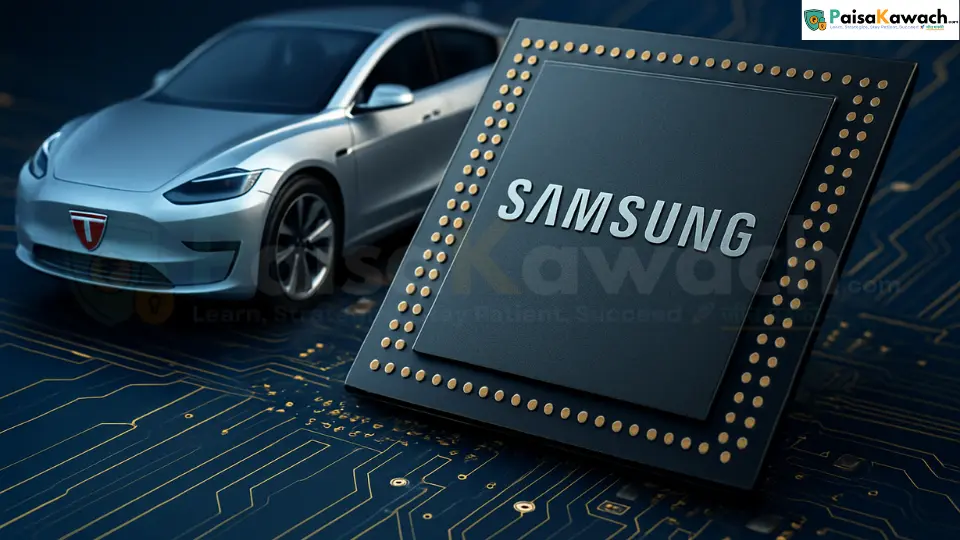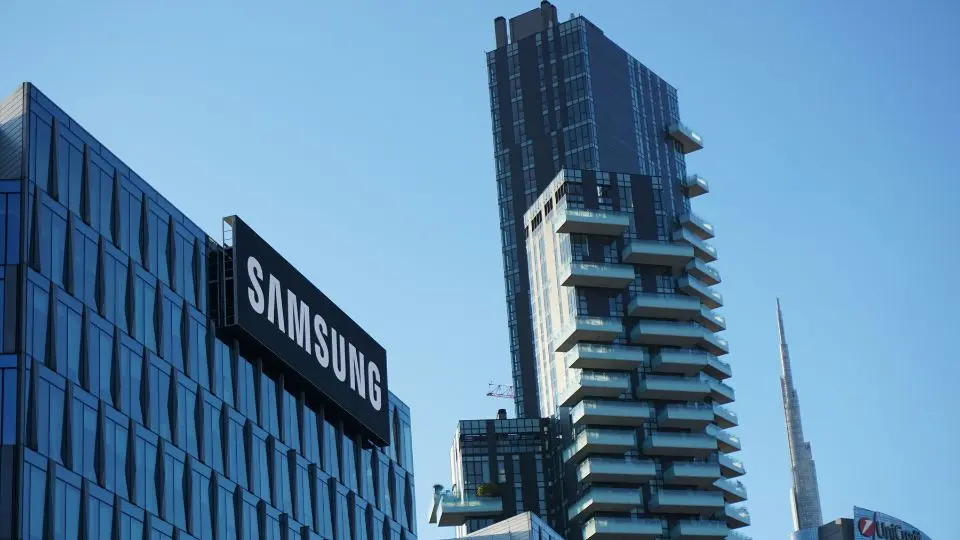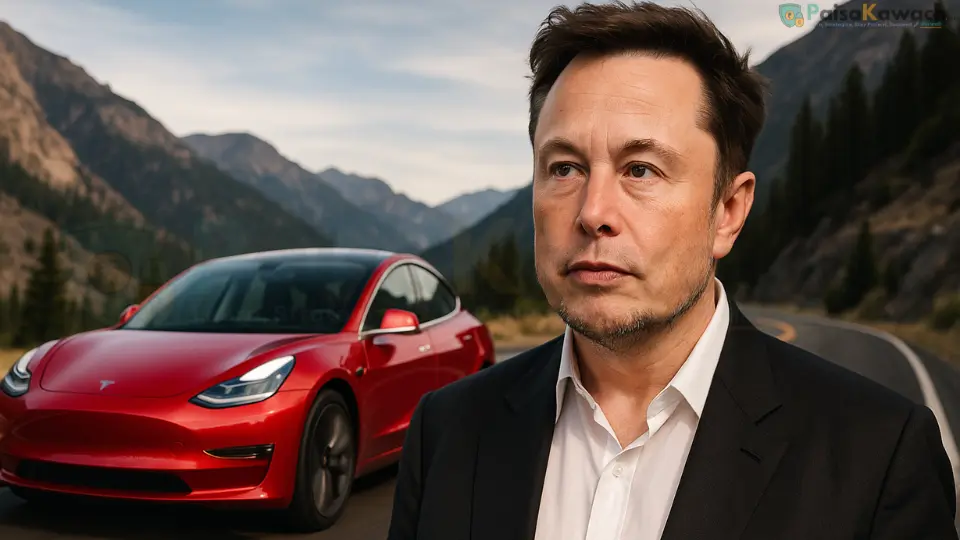In a move set to redefine the landscape of high-tech manufacturing, Samsung has secured a $16.5 billion deal to supply advanced semiconductor chips to Tesla. This strategic collaboration underscores Samsung’s determination to outpace competitors and solidify its place among the world’s top chipmakers.
Tesla, known for pushing the boundaries of electric vehicle technology, is expected to leverage Samsung’s state-of-the-art chip designs to enhance performance and integrate smarter systems across its upcoming models.
Intel’s Market Position Under Pressure
While Samsung surges ahead, Intel shares dropped by more than 8% following news of the deal. Industry experts point out that Intel’s slower pace in adapting to next-gen chip technologies is prompting the company to scale back its foundry investment plans. This could leave Intel struggling to keep up with global rivals like Samsung and TSMC.
Rising Competition in the Chip Sector
The semiconductor race is heating up as manufacturers compete for dominance in emerging markets, from electric vehicles to artificial intelligence. Samsung’s agreement with Tesla not only bolsters its reputation but also strengthens its influence in the EV supply chain.
U.S.–EU Trade Agreement Reshapes Chip Supply
Adding to the momentum, a new trade agreement between the U.S. and EU will eliminate tariffs on chip-making equipment. This move is expected to benefit key industry players like ASML by reducing costs and accelerating technology transfers across Western markets.
Analysts believe this development will counterbalance Asia’s dominance in chip manufacturing and encourage collaborative innovation between U.S. and European companies.
Future Outlook
The semiconductor sector is entering a transformative era driven by strategic alliances and global trade reforms. Samsung’s bold step with Tesla, combined with new tariff-free trade policies, is likely to shape the next wave of breakthroughs in chip design and EV innovation.
- Tesla’s vehicles may gain access to advanced, energy-efficient chips.
- Samsung is poised to strengthen its lead in the global foundry market.
- U.S.–EU agreements could redefine supply chains for chip-making equipment.







